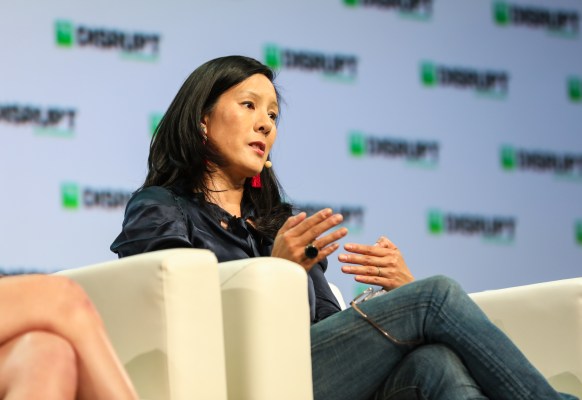10 years on, Aileen Lee explains why focusing on unicorn valuations makes sense | TechCrunch
‘We wanted the term to feel special because it’s rare, almost magical to build a unicorn company’

It has been 10 years since Cowboy Ventures’ founder Aileen Lee coined an incredibly catchy nickname for what were very rare startups at the time: Unicorns.
She was referring to U.S.-based companies valued at over $1 billion despite being less than a decade old, but the term soon took a slightly broader meaning and grew to encompass startups everywhere. By 2018, though, unicorns became less of an exception, with investors seemingly happy to hand out billion-dollar valuations relatively freely.
That lasted for a while, until the market turned and the 2021 hype subsided. Still, unicorns remain very much a necessity for larger funds to deliver the kind of returns their limited partners are expecting.
We’ve spent a bit of time contemplating and charting the almost full circle that unicorns have come in the past decade. But we also wanted to hear from Lee how she feels about the term 10 years later, now that her venture firm is also a decade old.
“We wanted the term to feel special; because it’s rare, almost magical to build a unicorn company,” Lee told TechCrunch+.
We were also curious what Lee thinks about other analogies that draw from mythology to categorize startups, such as centaurs (companies with more than $100 million in annual recurring revenue). She pointed out that while unicorns are defined by their valuation, that same number also helps calculate their capital efficiency, “which is an important, recently underemphasized metric.”
From which metrics she thinks it’s a good idea to focus on, to her favorite memorabilia, Lee reflects on how things have changed in the 10 years since she coined the term.
(The following interview has been edited for length and clarity.)
TC+: In dozens of languages, the word “unicorn” is now an analogy for private startups valued at over $1 billion. How do you feel about coining a moniker that became so ubiquitous?
AL: It has been a big surprise! I hope it has created more interest in learning about, working in or starting a tech company, especially for folks who might otherwise be intimidated by the tech industry.
We used “unicorn” instead of “home-run company” or “monster hit” because we wanted the term to feel special; because it’s rare, almost magical to build a unicorn company. During peak valuations, there were some comments like, “We need a new term, it’s too easy to be a unicorn.” I have never felt that’s the case. I have so much respect for folks who build these companies; it’s really hard. The market adjustments of recent year(s) have hopefully brought that misconception back to earth.
When you wrote that column 10 years ago, the “unicorn club” only had 39 members. More than 2,700 companies from all over the world would subsequently achieve unicorn status. When did you realize that this was happening, and how?
The original analysis focused on U.S.-based companies, and companies younger than 10 years valued at more than $1 billion, so comparisons with most global lists aren’t apples-to-apples.
That said, Crunchbase currently lists 1,484 unicorns around the world, around 50% of which (726) are based in the U.S. If you take out some companies on the list that were born more than 10 years ago, maybe the list shrinks to 500. That’s still more than 12x growth in a decade, which is massive.




